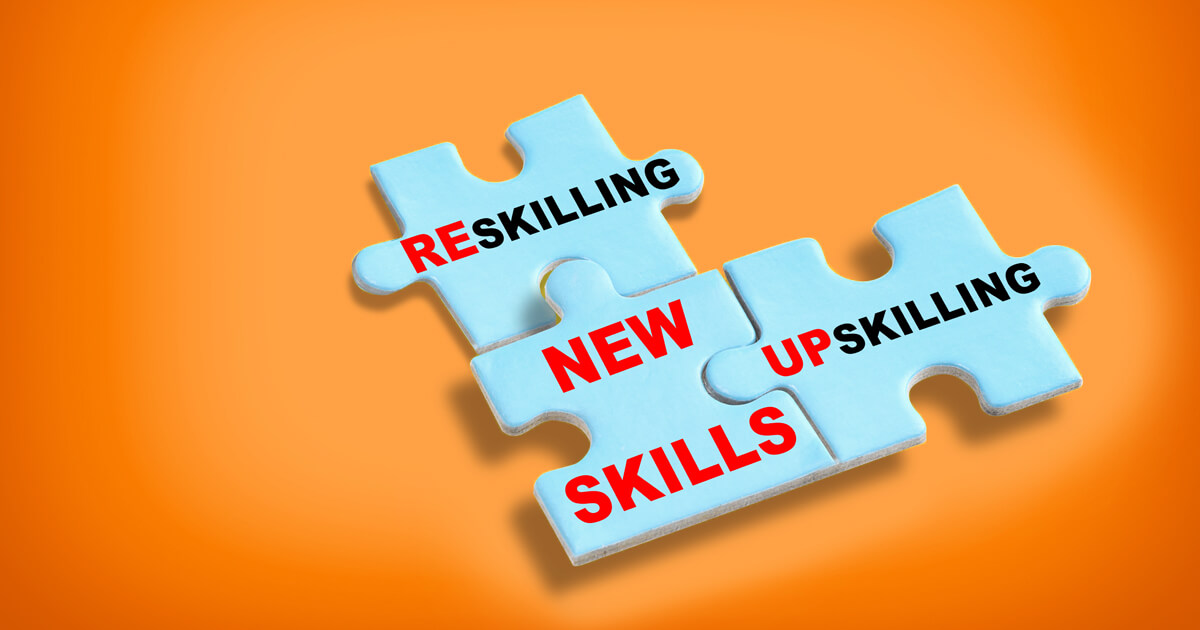The world has seen different changes in terms of geography, climate politics, etc. along with it we can gradually experience a drastic change in the workplace environment. There is a huge difference between the traditional way of working compared to the present one. The future of work is a question that is arising for employers and job seekers. We can see new trends in Human Resource Management and also the diversity it has caused in organizations and companies.
The way organizations used to view one of the most valuable assets i.e. their employees has changed drastically. Some of the new trends in human resource management are:
1. The innovation of Human Resource Mangement technology
A few decades back Human Resource Management wasn’t considered a big thing like of today. Most organizations didn’t even have a dedicated HR department and even if they did it wasn’t regarded much. But now with the changing work dynamics the need for HRM has increased rapidly along with the innovation of HR technology. HR technology has played a key role in transforming traditional HR processes and practices.
Now various Artificial intelligence (AI) tools are at the disposal of organizations and companies focusing on recruitment, performance evaluations, employee engagement, and data keeping. AI in HR management has proven to be versatile and advantageous which is why organizations are looking forward to adopting it to enhance decision-making and improving their overall efficiency.

2. Digital transformation in HR
The operation of HR professionals has been reshaped through the digital transformation in Human Resource Management. Various HRM software like ADP Workforce Now, Workdat, Oracle HCM Cloud, etc. have proven to be a great tool for HR professionals in the modern workday. HR professionals use these HRIM software for automating administrative tasks to utilize HR analytics for data-driven decisions and many more. These innovations have enabled HR professionals to understand talent management needs along with achieving organizational goals and success to the next level.
3. Advocating for Diversity and Inclusion
Diversity offers the presence of employees from different races, ethnicities, genders, ages, etc. while inclusion encourages creating an environment where all individuals feel valued and respected. The modern work trend advocates for these terms as it has proven to bring maximum efficiency and success to the organization. Organizations are working on implementing strategies for creating more inclusive environments which has played a key role in attracting diverse talent.

4. Investing in employee experience
Due to workplace culture evolution organizations and companies are investing more in enhancing for better employee experience for attracting and retaining great talents. A positive workplace with a rich culture and clear career development paths creates loyalty toward the company reducing turnover in the organization.
5. Valuing employee well-being
In the present scenario, organizations tend to invest more in employees’ mental health, work-life balance, and employee well-being initiatives. This not only enhances employee satisfaction but has proven to contribute to productivity and retention.

6. Upskilling and Reskilling Employees
These days companies and organization are investing their resources in great amounts for upskilling and reskilling employees. Due to continuously evolving technology the skills required for various roles are also increasing. By providing required training opportunities and conducting skill enhancement activities in the workplace companies can prepare their workforce for future challenges and enhance overall performance.

7. Workforce Agility
With this ever-changing environment organizations should be able to quickly adapt and respond to changes in business environments, market demands, and workforce dynamics. Continuous feedback loops and flexible strategies meeting the evolving landscape are required for workforce agility. The use of HR analytics and data-driven decisions has become a must.
8. The Gig Economy and HR
The gig economy is trending in the current workforce scenario. It has created a great opportunity for HR professionals with new and different forms of working dynamics while it has also created some challenges to them. Managing the gig workforce requires new strategies and policies that best fit both the gig workforce and full-time employees.

9. Embracing remote work practices
During and after the global pandemic COVID-19 has brought a big change in the workforce and workplace environment. It showed the possibility of remote work or work-from-home practices to the organization and gave a taste of comfort to the employees of working from home. Due to this many companies and organizations are embracing hybrid workplace models offering employees to work both remotely and in-office.
10. Developing future-ready HR strategies
Since the future of the workplace environment and workforce is evolving it has become necessary to develop future-ready HR strategies. The new trends and practices at present have shown the necessity for it as onboarding of the new generation (GEN Z) is increasing in the workplace and soon in years to come Generation Alpha will also be joining the workforce it has become essential to develop future-ready HR strategies.


